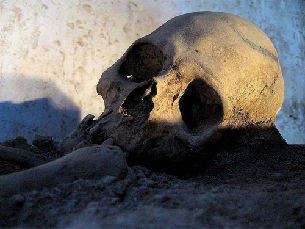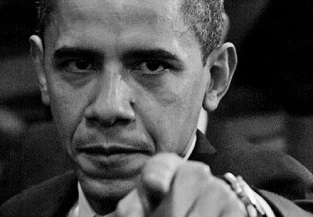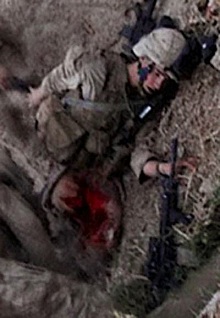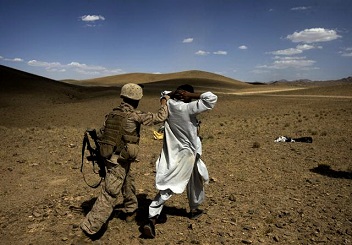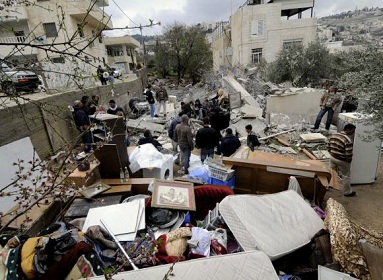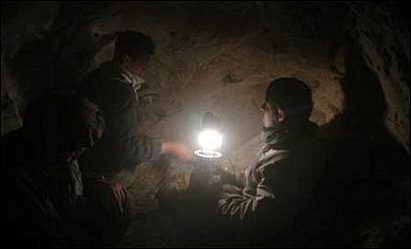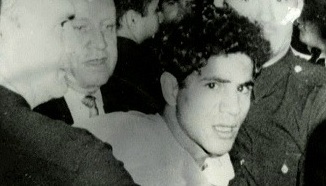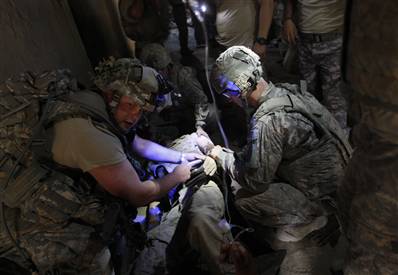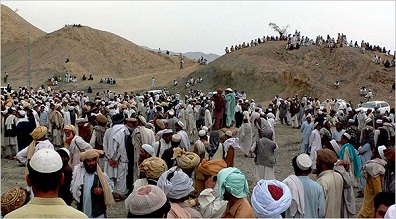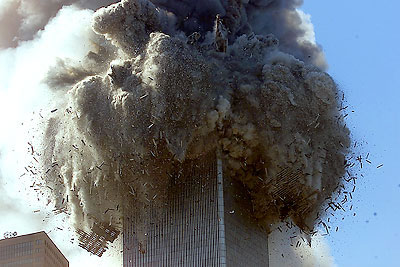BP in the Gulf -- The Persian Gulf
Stephen Kinzer

A British soldier guards a BP pipeline in Iran, 1941 - oil produc-
tion and distribution played a major strategic role in the Second
World War. (Daily Telegraph)
How an Oil Company Helped Destroy Democracy in Iran
To frustrated Americans who have begun boycotting BP: Welcome to the club. It's great not to be the only member any more!
Does boycotting BP really make sense? Perhaps not. After all, many BP filling stations are actually owned by local people, not the corporation itself. Besides, when you're filling up at a Shell or ExxonMobil station, it's hard to feel much sense of moral triumph. Nonetheless, I reserve my right to drive by BP stations. I started doing it long before this year's oil spill in the Gulf of Mexico.
My decision not to give this company my business came after I learned about its role in another kind of "spill" entirely -- the destruction of Iran's democracy more than half a century ago.
The history of the company we now call BP has, over the last 100 years, traced the arc of transnational capitalism. Its roots lie in the early years of the twentieth century when a wealthy bon vivant named William Knox D'Arcy decided, with encouragement from the British government, to begin looking for oil in Iran. He struck a concession agreement with the dissolute Iranian monarchy, using the proven expedient of bribing the three Iranians negotiating with him.
Under this contract, which he designed, D'Arcy was to own whatever oil he found in Iran and pay the government just 16% of any profits he made -- never allowing any Iranian to review his accounting. After his first strike in 1908, he became sole owner of the entire ocean of oil that lies beneath Iran's soil. No one else was allowed to drill for, refine, extract, or sell "Iranian" oil.
"Fortune brought us a prize from fairyland beyond our wildest dreams," Winston Churchill, who became First Lord of the Admiralty in 1911, wrote later. "Mastery itself was the prize of the venture."

























